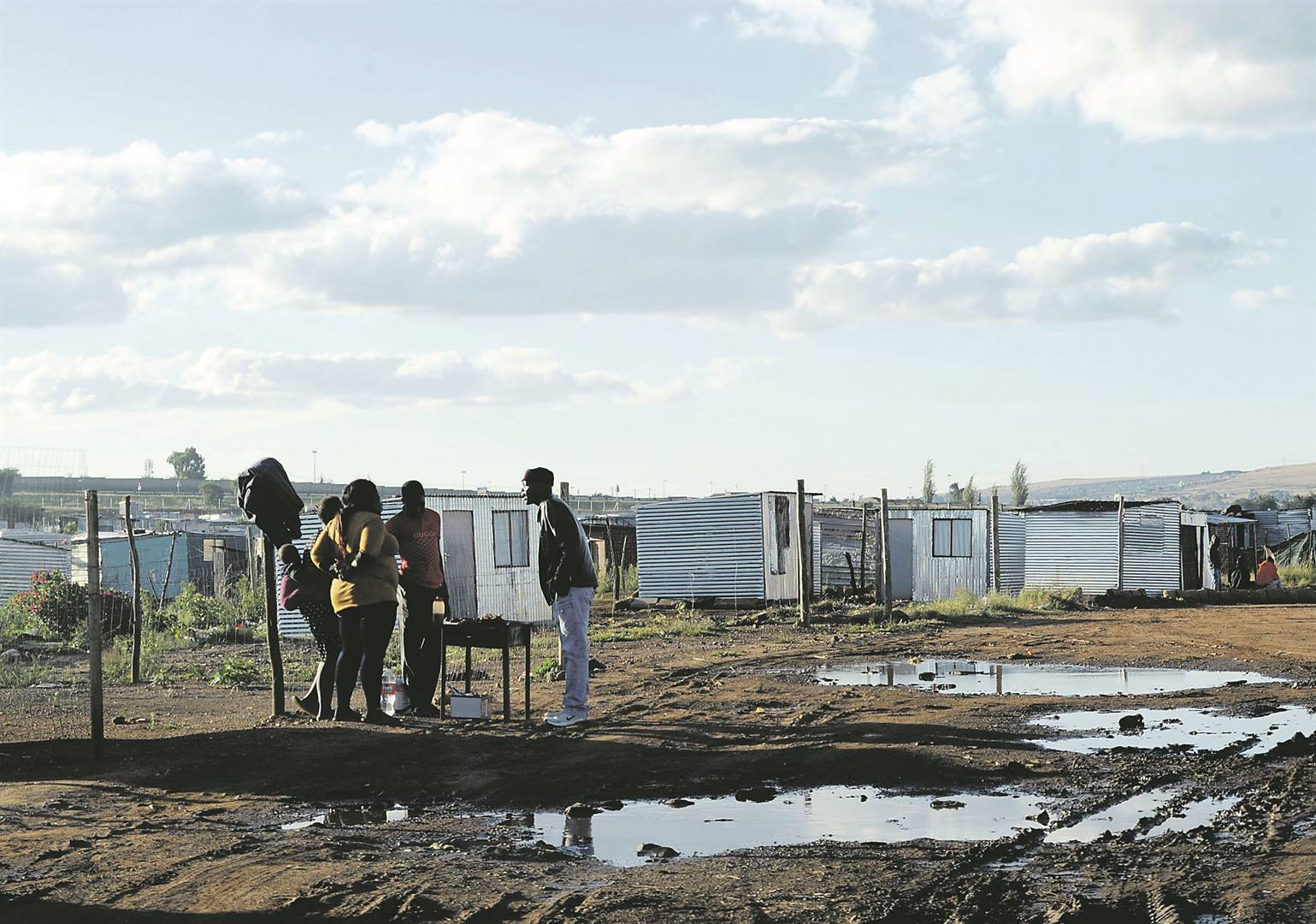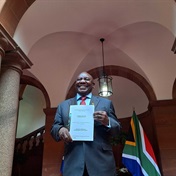
Covid-19 has put into stark relief the very real problems of poverty, unemployment and inequality across the globe, and has unexpectedly upended the status quo, writes Thabang J Motsohi
In his New York Times article, The Coronavirus Class Divide: Space and Privacy, Jason DeParle opened a window – rarely used and often avoided by the ruling class and the wealthy – to understand the living conditions of the poor and underclass in our societies and communities globally.
In our unequal world, “lockdown and stay at home” is a directive that assumes all people have shelter.
The Covid-19 coronavirus pandemic is as unprecedented as the lockdown that has been forced on many countries by government leaders to counter the spread of the virus. It was not an arbitrary choice.
Epidemiological models and projections point to a consensus to implement lockdowns to minimise the infection rate.
There is a lot that is still unknown about the behavioural dynamics of the virus and its impact.
What is becoming clear, however, is that every effort must be made to reduce the spread of it. The biggest risk is the infection exploding in dense communities.
READ: Mondli Makhanya: ‘Never been a time like this’
When globalisation began to take root in the 1980s, we were bamboozled by market-driven messages of its virtues and of a new world in which wealth would reach all corners of the world, and in which the poor would be lifted as the metaphorical global growth lifted everybody as it rose.
This was the hype that was driven by neoliberal market apologists and lenders as they salivated at the prospect of growth in their lending portfolios in expanding global trade and reducing tariff barriers.
However, the reality is that wages and incomes for the middle class have been progressively eroding as the wealthy reap ever-increasing dividends and enjoy rising equity market values in their investment and stock exchange game.
As a result, world economies have produced rising levels of inequality, poverty and homelessness, despite public commitments by leaders globally to develop policies and devote budgets to effectively reduce them.
For South Africa, the legacy of apartheid gave the new democratic state unprecedented and racially defined inequities.
It became clear at the start of the transition that the principle and compelling mandate of the new democratic government was to craft policies aimed at establishing a capable state to tackle these inequities and deliver social justice and a better life for all.
In the past decade and a half, this task was regrettably replaced with unprecedented and systemic rent-seeking and looting adventures that have finally devalued the economy to the sub-investment grade and “junk” status.
Covid-19 has unexpectedly upended the status quo and exposed the fault lines of this global wealth bubble.
It has also reignited the consciences and humanity of government leaders globally and dictated a review of government priorities in favour of the poor and marginalised.
It did not create these conditions, but forced global attention to them.
Extraordinary urgency to reverse these hardships has found special attention and even the mighty US President Donald Trump has been touched.
His surgeon-general, Jerome Adams, disclosed, while standing next to Trump, that action would start immediately to deal with housing, sanitation and access to public health among African-Americans and other minority groups – the US demographic that is suffering the most from the pandemic.
Covid-19 has forced us to reclaim and recalibrate our lost humanity.
There is now unprecedented urgency globally to devote increased budgets to improving the living conditions of the poor.
In South Africa, Lindiwe Sisulu, the minister of human settlement, water and sanitation, is leading a high-profile effort to perform what was promised more than two decades ago.
The ANC slogan of a better life for all has found new meaning and urgency.
A critical question to ask, though, is whether Sisulu’s department has been repurposed and structured appropriately to manage and execute this monstrous task.
And, have the governance weaknesses and leakages that defined it in the past been fixed?
These are questions that deserve an unambiguous commitment from the president and the minister.
The department is not alone in playing a catch-up game. Municipalities and state-owned enterprises have committed funds to various state-led efforts and interventions to prevent a meltdown at a time when the ratio of state debt to GDP is in excess of 60% – and growing.
We are also facing the reality of negative growth in the next two years.
To use the metaphor contained in the great Martin Luther King’s iconic I Have a Dream speech, our 1996 Constitution is a promissory note for all South Africans.
However, we have come to know that the face value differs according to one’s station in society.
The value is very low for the poor, unemployed and homeless, and extremely high for the wealthy.
The informal settlements that now define the landscape of South Africa, as well as the high levels of poverty and unemployment, are manifestations of this low value.
READ: Government plans to move residents from vulnerable informal settlements to permanent residences
A capable state was supposed to eradicate them and offer a better life for all.
Instead, the hardships have increased.
Covid-19 is an apocalyptic disruption that has arrived to remind us that a political party in power can achieve inclusive growth and development only if its political philosophy is underpinned and motivated by a high level of consciousness for social justice.
Chris Hani, in his wisdom, captured the democratic challenge: “If you want peace, then you must struggle for social justice.”
All our policies must be subjected to this test.
The Constitution was the first correct effort in this direction, but the state lost its way in the past decade.
Motsohi is an organisational strategist at Lenomo Advisory and author of Fit for Purpose




 Publications
Publications
 Partners
Partners









